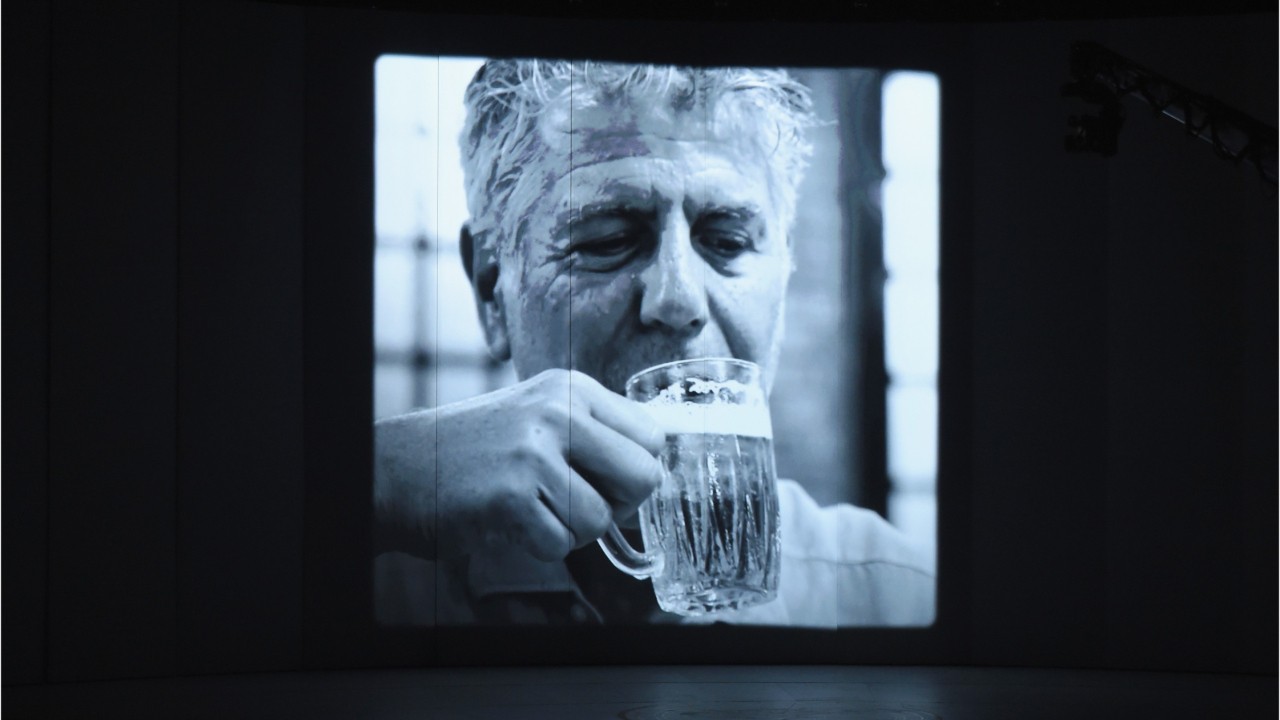Director faces backlash for deepfaking Anthony Bourdain’s voice in documentary
Documentary filmmaker Morgan Neville is facing criticism after he admitted to deepfaking the voice of the late celebrity chef Anthony Bourdain in a new documentary "Roadrunner: A Film About Anthony Bourdain."
Neville hasn’t identified what tool he used to recreate Bourdain’s voice, but said he used it for a few sentences that Bourdain wrote but never said aloud.
According to GQ magazine, Neville said he received permission from Bourdain’s inner circle.
RELATED: Anthony Bourdain wins 2 posthumous Emmy Awards for ‘Parts Unknown’
"I checked, you know, with his widow and his literary executor, just to make sure people were cool with that," Neville told GQ. "And they were like, Tony would have been cool with that. I wasn’t putting words into his mouth. I was just trying to make them come alive."
But Ottavia Busia, Bourdain’s ex-wife, dispute claims that she gave Neville permission.
"I certainly was NOT the one who said Tony would have been cool with that," she posted on Twitter last week.
The movie appeared in cinemas Friday and mostly features real footage of the beloved celebrity chef and globe-trotting television host before he died by suicide in 2018.
But the usage of AI to recreate his voice has sparked a discussion within the tech industry.
"Unapproved voice cloning is a slippery slope," said Andrew Mason, the founder and CEO of voice generator Descript, in a blog post Friday. "As soon as you get into a world where you’re making subjective judgment calls about whether specific cases can be ethical, it won’t be long before anything goes."
RELATED: Ben's Chili Bowl co-founder reflects on Anthony Bourdain visits
Angry and uncomfortable reactions to the voice cloning in the Bourdain case reflect expectations and issues of disclosure and consent, said Sam Gregory, program director at Witness, a nonprofit working on using video technology for human rights. Obtaining consent and disclosing the technowizardry at work would have been appropriate, he said. Instead, viewers were stunned — first by the fact of the audio fakery, then by the director’s seeming dismissal of any ethical questions — and expressed their displeasure online.
"It touches also on our fears of death and ideas about the way people could take control of our digital likeness and make us say or do things without any way to stop it," Gregory said.
Neville is an acclaimed documentarian who also directed the Fred Rogers portrait "Won’t You Be My Neighbor?" and the Oscar-winning "20 Feet From Stardom." He began making his latest movie in 2019, more than a year after Bourdain’s death by suicide in June 2018.
The Associated Press contributed to this report. This story was reported from Los Angeles.


